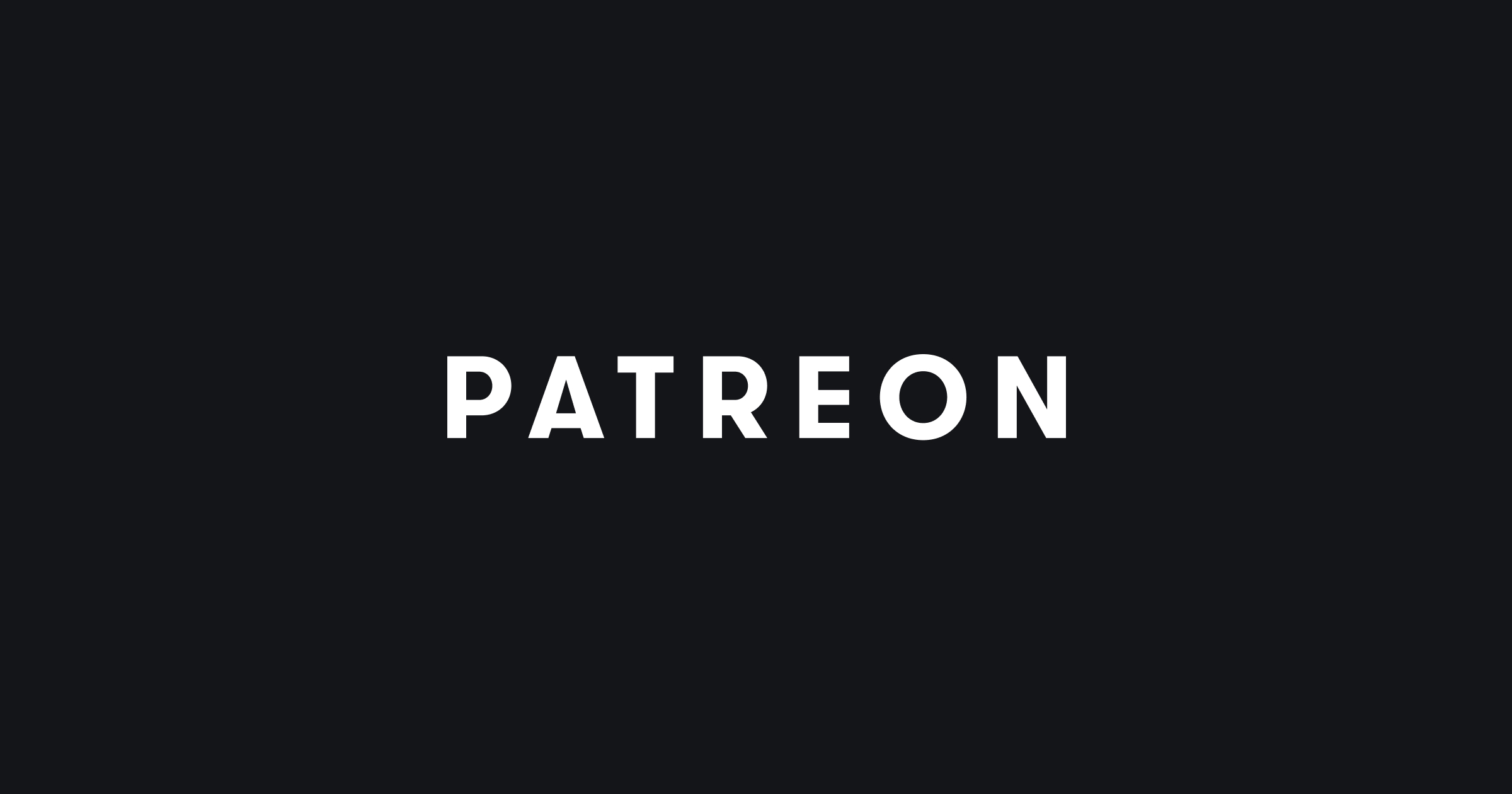Adult authority is so knowing, so sanctimonious, so frequently full of it about youth violence. But it isn't an adult experience, most of the time, to be regularly chased, smacked in the head, kicked in the stomach, baited, spat on, challenged to a fight, ambushed, have a weapon waved in one's face. Adults aren't the ones that have to deal with this.
Adolescence, for boys, especially working-class boys, is a violent threshold. When you're a teenager, you live in the state of hyperbole: where every misery is singling you out, where each sleight and disappointment is unbearable, where all emotion is consuming, and where humiliation is ultimate. And if there's violence, you think it will never stop. You think there will always be bullies, big sticks, and boys wielding them. Ambushes, sadists, knuckledusters, and gangs. Knives, sucker-punches, broken noses, and boys put in hospital.
This is what it's like, and you don't need a special theory -- say, of 'gangs' -- to comprehend it. And you don't have to seek the violence; it will find you. I can't tell you how many times I had to block blows, improvise escape, contrive to hide, or just run and run and run, hurdling barbed wire fences, tearing skin and flesh, charging through back yards, bombing across busy roads. As a boy, I ran so blindly from a boy that I dashed straight in front of the school bus. It had just enough time to brake so that all I got out of the interaction was a small groove in the back of my skull.
And how badly I wanted to come back at them, with anything, anything at all. It doesn't surprise me at all that young people -- and they're getting younger -- want to carry weapons. I wanted to carry weapons. Weapons seemed intrinsically impressive, the unanswerable answer. They were magic wands that would transform any difficult situation. They were the techne of rage, glamorously lethal. [...]
Adult authority is so knowing, so sanctimonious, so frequently full of it about youth violence. But it isn't an adult experience, most of the time, to be regularly chased, smacked in the head, kicked in the stomach, baited, spat on, challenged to a fight, ambushed, have a weapon waved in one's face. Adults aren't the ones that have to deal with this.
Adolescence, for boys, especially working-class boys, is a violent threshold. When you're a teenager, you live in the state of hyperbole: where every misery is singling you out, where each sleight and disappointment is unbearable, where all emotion is consuming, and where humiliation is ultimate. And if there's violence, you think it will never stop. You think there will always be bullies, big sticks, and boys wielding them. Ambushes, sadists, knuckledusters, and gangs. Knives, sucker-punches, broken noses, and boys put in hospital.
This is what it's like, and you don't need a special theory -- say, of 'gangs' -- to comprehend it. And you don't have to seek the violence; it will find you. I can't tell you how many times I had to block blows, improvise escape, contrive to hide, or just run and run and run, hurdling barbed wire fences, tearing skin and flesh, charging through back yards, bombing across busy roads. As a boy, I ran so blindly from a boy that I dashed straight in front of the school bus. It had just enough time to brake so that all I got out of the interaction was a small groove in the back of my skull.
And how badly I wanted to come back at them, with anything, anything at all. It doesn't surprise me at all that young people -- and they're getting younger -- want to carry weapons. I wanted to carry weapons. Weapons seemed intrinsically impressive, the unanswerable answer. They were magic wands that would transform any difficult situation. They were the techne of rage, glamorously lethal. [...]
And adolescent boys who have good reason to fear attack, and that is an awful lot of them, have precious little protection. There's almost no one they can turn to. Adult authorities can present as dithering, indifferent, canting or downright callous: full of fire only after something disastrous happens, rather like the politicians who, as Gary Younge puts it, "respond to the coverage not the crime". They often think the same way as boys with knives do. The demand for more cops, more stop-and-search, tougher daddy figures, is a demand for bigger and better weapons: implicitly to protect the 'innocent' from the 'wicked'. It's what you get when working class lives only become visible at the point of catastrophe, as a pathology to be stamped out. It's fairy tale logic, magical thinking for adults, faced with their own helplessness.
the buildup to the last sentence is amazing
And adolescent boys who have good reason to fear attack, and that is an awful lot of them, have precious little protection. There's almost no one they can turn to. Adult authorities can present as dithering, indifferent, canting or downright callous: full of fire only after something disastrous happens, rather like the politicians who, as Gary Younge puts it, "respond to the coverage not the crime". They often think the same way as boys with knives do. The demand for more cops, more stop-and-search, tougher daddy figures, is a demand for bigger and better weapons: implicitly to protect the 'innocent' from the 'wicked'. It's what you get when working class lives only become visible at the point of catastrophe, as a pathology to be stamped out. It's fairy tale logic, magical thinking for adults, faced with their own helplessness.
the buildup to the last sentence is amazing

